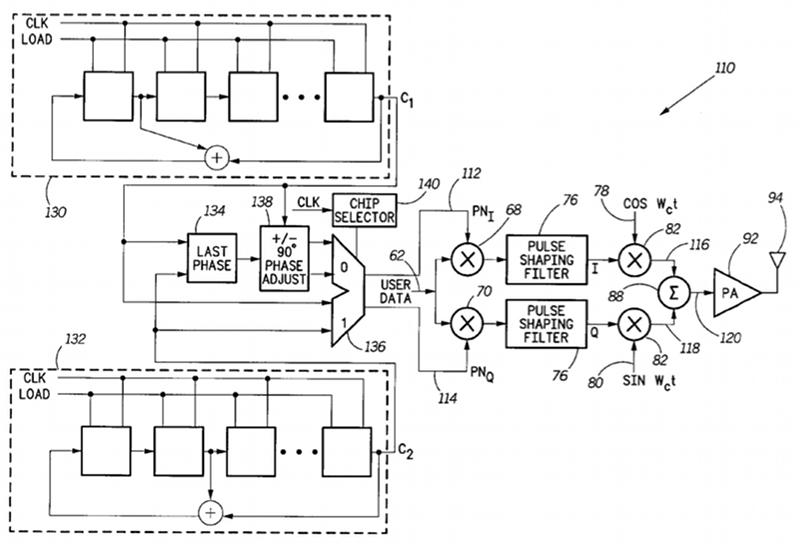Apple could see U.S. import ban following ITC review of Motorola patent win
The ITC review is the next step in seeking a ban against the offending Apple products, which include the iPhone and iPad, and follows the initial ruling rendered by Judge Thomas Pender in April that deemed the company violated one of four Motorola Mobility patents.
As noted by All Things D, the commission's review is being driven by petitions from both Motorola and Apple concerning claim construction, validity and infringement. Apple is also looking to bring FRAND licensing practices into the case by arguing whether the patent should even be enforced.
As noted in the ITC's review statement, the commission is requesting further information from Motorola on the following FRAND-related matters:
- If the record of an investigation lacks evidence sufficient to support a RAND-based affirmative defense (e.g., equitable estoppel, implied license, waiver, etc.), under what circumstances (if any) should a RAND obligation nonetheless preclude issuance of an exclusion order?
- Does the mere existence of a RAND obligation preclude issuance of an exclusion order?
- Should a patent owner that has refused to offer a license to a named respondent in a Commission investigation on a RAND obligated patent be able to obtain an exclusion order?
- Should a patent owner that has refused to offer a license on a RAND obligated patent to some entity (regardless of whether that entity is a named respondent in a Commission investigation) be able to obtain an exclusion order?
- Should a patent owner that has refused to negotiate a license on RAND terms with a named respondent in a Commission investigation be precluded from obtaining an exclusion order?
- Should a patent owner that has refused to negotiate a license on RAND terms with some entity (regardless of whether that entity is a named respondent in a Commission investigation) be precluded from obtaining an exclusion order?
- Should a patent owner who has offered a RAND license that the named respondent in a Commission investigation has rejected be precluded from obtaining an exclusion order?
In raising the FRAND issue, Apple has managed to obtain support from outside parties that have submitted letters to the ITC in favor of the company's argument. The FTC, Microsoft, Hewlett-Packard, Nokia, Verizon, the Business Software Alliance, and the Association for Competitive Technology are among those who filed public statements, a sampling of which can be found here.
At issue is Motorola's U.S. Patent No. 6,246,697 for a "Method and system for generating a complex pseudonoise sequence for processing a code division multiple access signal" was granted in 2001 and describes timing and phase angles for wireless chips to be used in Wi-Fi applications.
Illustration from Motorola's Wi-Fi technology patent. | Source: USPTO
Motorola, now owned by Google, first sued Apple in 2010 for alleged infringement on a range of wireless communications patents. The iPhone maker filed a countersuit with the ITC but the commission ultimately cleared Motorola of any wrongdoing in March.
Along with the '697 patent, the ITC will also review arguments related to the remaining three patents thrown out by Judge Pender during the initial decision, effectively putting all four in the realm of discussion. The six-member commission expects to give a final judgment on Motorola's assertions by August and both Apple and Motorola will release answers to the ITC's questions in the coming weeks.
 Mikey Campbell
Mikey Campbell











 Andrew Orr
Andrew Orr
 Sponsored Content
Sponsored Content
 Malcolm Owen
Malcolm Owen

 William Gallagher
William Gallagher

 Mike Wuerthele
Mike Wuerthele
 Christine McKee
Christine McKee







